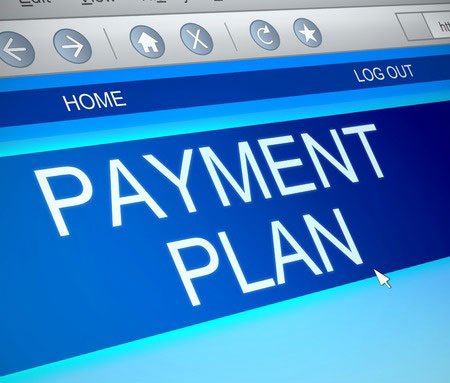Defining Chapter 7 and Chapter 13 Bankruptcy
Chapter 7 and Chapter 13 Bankruptcy differ in that one allows you to keep assets while the other involves selling non-exempt property to pay back debts.
A Chapter 7 bankruptcy, also called a “Fresh Start” bankruptcy, requires a debtor to sell certain assets in exchange for debt discharge. There are some Chapter 7 exemptions in Ohio that allow you to keep some assets.
Chapter 13 bankruptcy is a Debt Reorganization Plan. It’s like throwing all of your debt into a box which is then paid out to one person, known as a Chapter 13 Trustee, who disburses your payments. A Chapter 13 bankruptcy can free your life for three to five years as you try to determine a permanent settlement.
While you may feel that you need to file Chapter 7, making a little too much money can disqualify you from filing this type of bankruptcy. Even if you do not qualify to file for Chapter 7 bankruptcy due to your income, or you’re behind on your mortgage payment and want to save your house, filing Chapter 13 bankruptcy in Ohio can help you save your house, your car, and your dignity.
Chapter 7 vs. Chapter 13 in Ohio: How Do You Choose?
Much of the answer to this question comes down to your income and whether you pass a Means Test, which qualifies you for either Chapter 7 or Chapter 13 bankruptcy in Ohio. The Means Test is a government calculation, which is allegedly supposed to be a bright line test, based on your income and IRS-created living expenditures depending on family size.
The most common reason to consider filing for Chapter 13 bankruptcy instead of Chapter 7 bankruptcy is having too high of an income to qualify. If you are also behind on your house payment, want to keep your home, and are unable to catch it up to date by the time you file bankruptcy, Chapter 13 is often considered.
Understanding How Chapter 13 Bankruptcy Can Save Your Home From Foreclosure in Ohio
Filing for Chapter 13 bankruptcy can save your home from foreclosure by allowing you to throw the arrearage or the amount that you’re behind on the house, into the Chapter 13 repayment plan. Thus, the mortgage company will be paid the same way as your other debtors by the Chapter 13 trustee. At the end of the plan, your mortgage will be current and since the remainder of your other unsecured debts get discharged, you should be able to afford to make the monthly payments.
For example: if your house payment is $1,000, and you’re behind $3,000, the $3,000 would go into the Chapter 13 debt repayment plan. The $1,000, which is your regular payment, would also go into the Chapter 13 plan. The trustee would essentially be distributing the $1,000 of your regular house payment, plus a very small minimum payment, probably $50 a month or so, on the $3,000 if this plan should run for 60 months.
An analysis from an Ohio bankruptcy lawyer can determine the best course of action and ensure you file for either Chapter 7 or Chapter 13 correctly for peace of mind during this difficult time.





